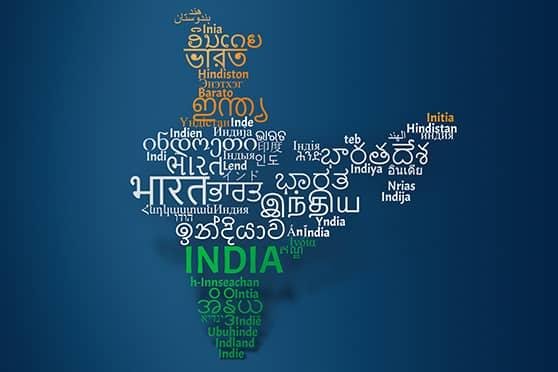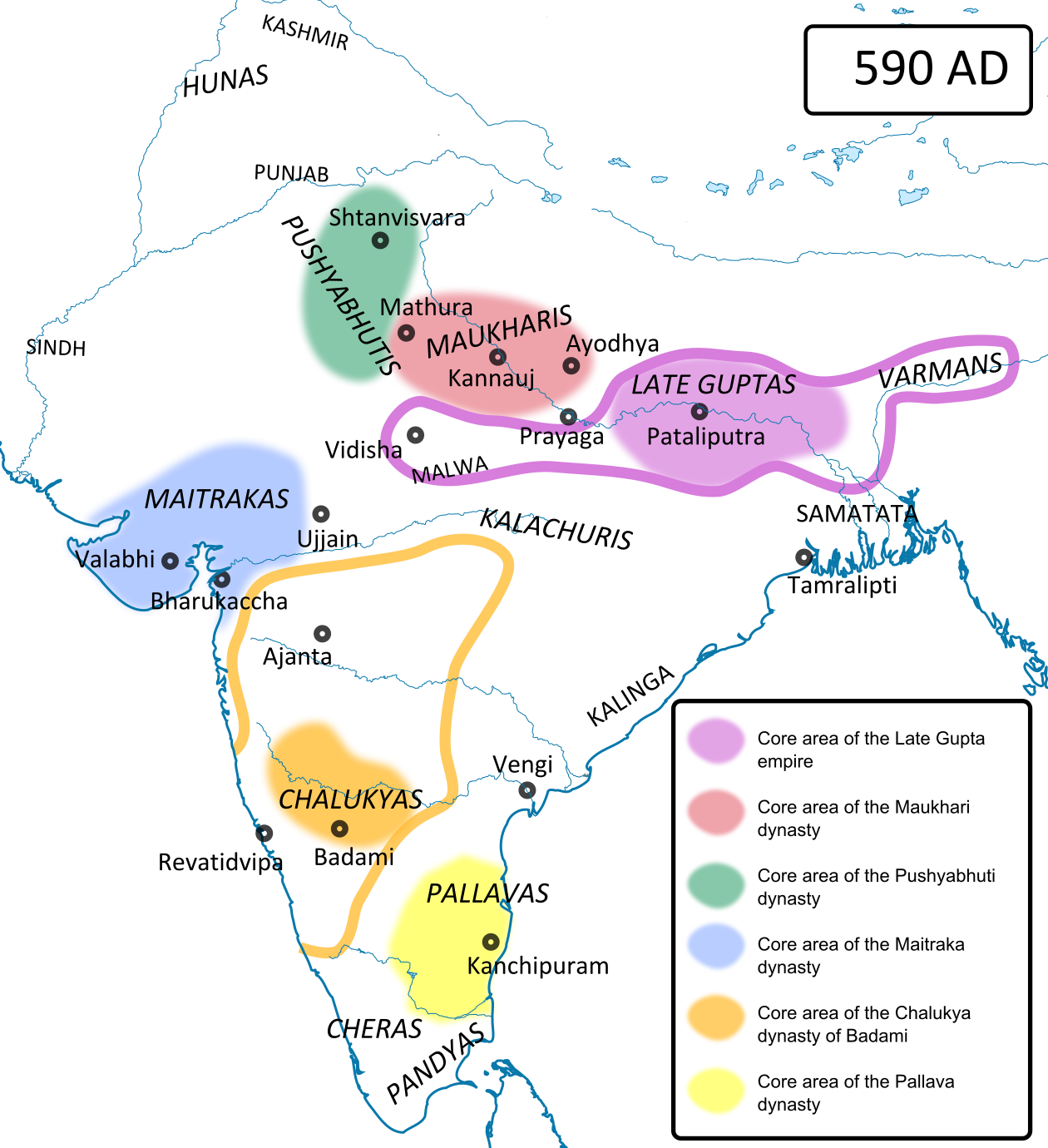
Separate Religious Code for Sarna Religion
Subscribers of "Current Affairs" course can Download Daily Current Affairs in PDF/DOC
Subscribe to Never Miss an Important Update! Assured Discounts on New Products!
Must Join PMF IAS Telegram Channel & PMF IAS History Telegram Channel
- Context (DTE): The demand for a separate religious code for the Sarna religion has led to stir in West Bengal.
- The term ‘Sarna’ is derived from the Mundari language, specifically the word ‘Sar‘ which means a grove of Sal trees.
- Sarna, also known as “Sarnaism” or “Adi Dharam”, is a tribal-religious practice largely followed by the indigenous (Adivasi) communities of India such as the Munda, Oraon, Kharia, and Santhal tribes.
- The worship of a deity known as ‘Dharti Aayo’ or ‘Mother Earth’, is common among followers of Sarna.
- They worship in sacred groves often having designated trees or groves that they consider holy. These sacred groves are known as Sarna Sthal or Jaher.
- The core tenet of the ‘Sarna’ faith revolves around “Jal (water), Jungle (forest), Zameen (land),” with followers venerating trees and hills while emphasizing forest preservation.
- Their festivals are inclusive and gender-neutral and promote peaceful coexistence with nature.
- Their festivals and rituals revolve around the agricultural calendar and the cycles of nature.
- There’s an extensive oral tradition but no centralized religious book or scripture like the Bible/Quran.
- Though the community has a significant presence in Jharkhand, Chhattisgarh, Odisha, and West Bengal, the religion is still not officially recognized by the Indian government.
- This has led to protests by the Sarna community pushing for official recognition.
Need for a separate code
- While many follow the Hindu religion, some have converted to Christianity. Thus, need for a separate code “to save religious identity”.
- The National Commission for Scheduled Tribes also recommended that the Sarna religion be accorded an independent category in the religion code under the Census of India.
Granting a new religious code: The process
- Art 25 of the IC guarantees Freedom of Religion to all citizens.
- Currently, 6 religious codes are recognized in India: Hinduism, Islam, Christianity, Sikhism, Buddhism, and Jainism.
- Establishing a separate religious code requires the enactment of legislation passed by both the Houses of Parliament.
Preserving Sarna Religion: The Way Ahead
- Constitutional recognition of the unique cultural identity of Sarna followers.
- Documentation of traditions, establishment of cultural centers, and integration of Sarna heritage into educational curricula.
- Leveraging the environmental significance of Sarna practices to integrate them into broader conservation strategies.
- Advocating for legal frameworks designed for the protection of indigenous cultural practices.
- Seeking international recognition, along with implementing community empowerment programmes.





![PMF IAS Environment for UPSC 2022-23 [paperback] PMF IAS [Nov 30, 2021]…](https://pmfias.b-cdn.net/wp-content/uploads/2024/04/pmfiasenvironmentforupsc2022-23paperbackpmfiasnov302021.jpg)











